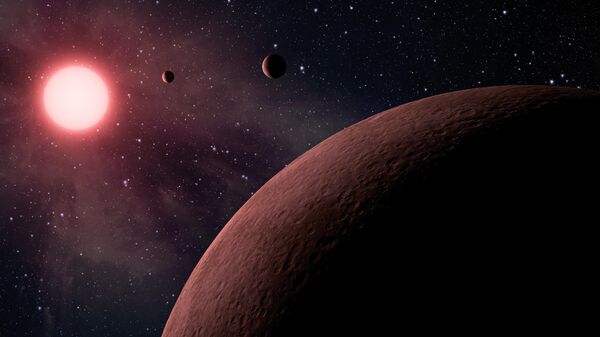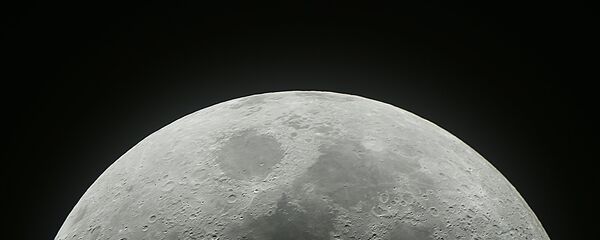WASHINGTON (Sputnik) — Computerized artificial intelligence used for the first time to analyze data from the Kepler space telescope has discovered an eighth planet orbiting a distant star, demonstrating a new planet-hunting technique, NASA announced in a press release.
"This is just the beginning of a new way of planet hunting," the release said on Thursday.
The newly discovered planet named Kepler-90i is a sizzling hit rocky planet, the smallest of eight planets in the Kepler-90 system, the release explained. It orbits so close to its star that a "year" passes in just 14 days.
"The Kepler-90 system is set up like our solar system, with the small planets located close to their star and the big planets farther away," the release said. "This pattern is evidence that the system’s outer gas planets — which are about the size of Saturn and Jupiter — formed in a way similar to our own."
An initial search for new worlds around 670 known multiple-planet systems using the computerized machine-learning technique yielded not one, but two discoveries: Kepler-90i and a second planet, Kepler-80g, which is part of six-planet system orbiting a different star, according to the release.
Researchers now plan to use the computer system to search for more planets using Kepler data previously collected from about 150,000 stars.




